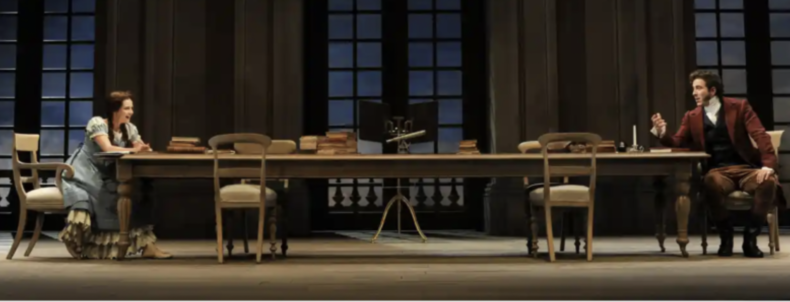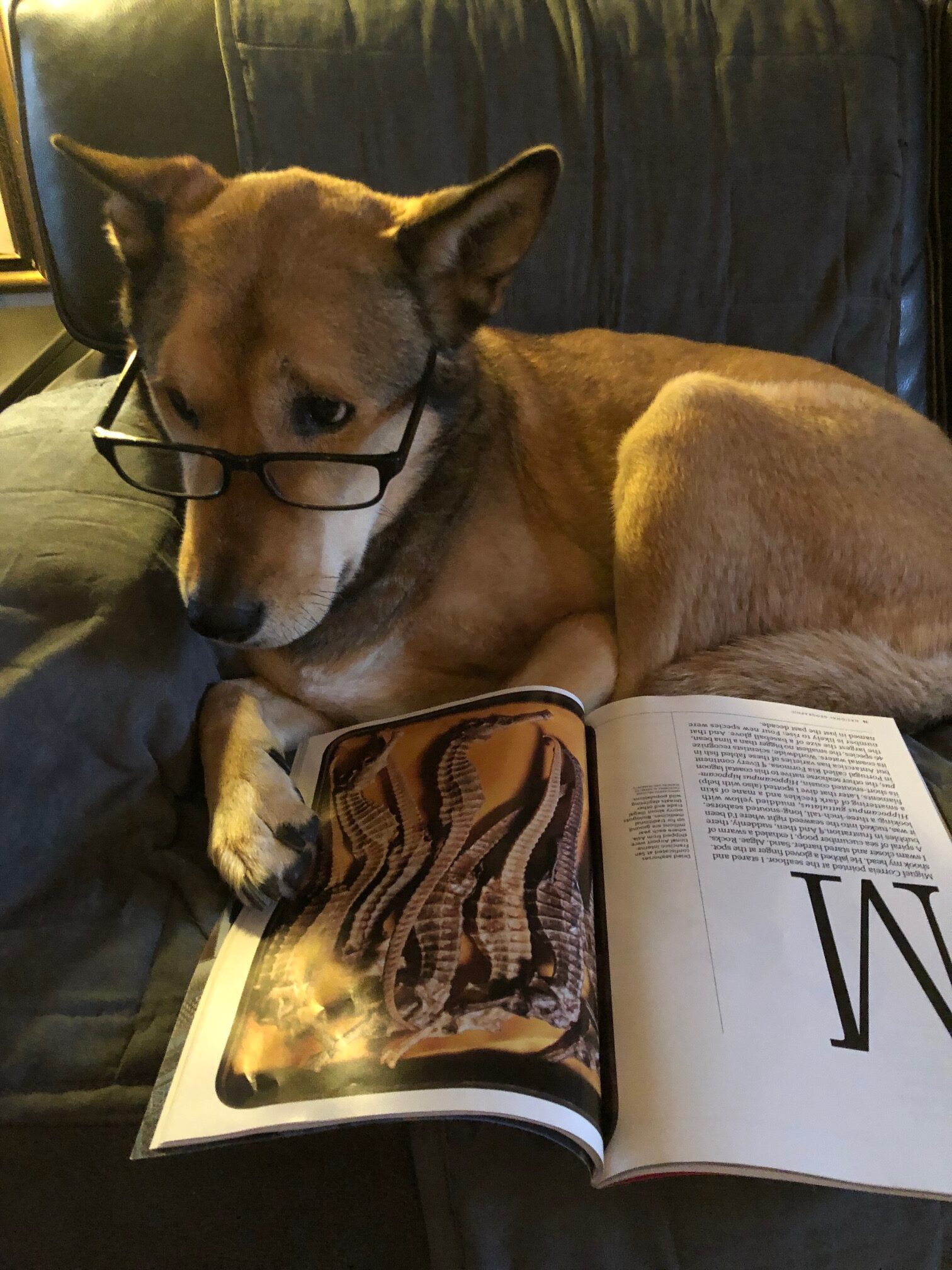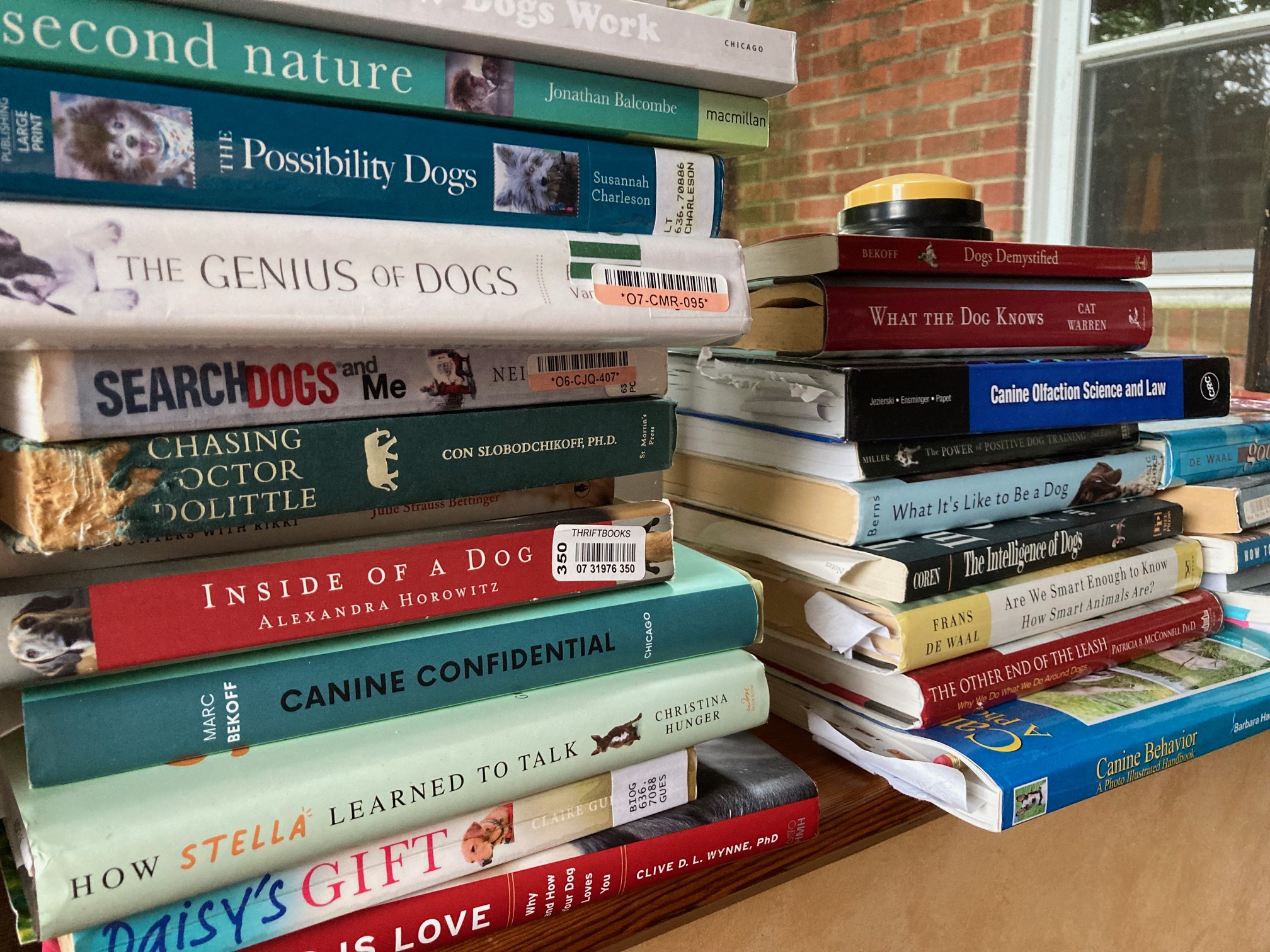The historian of science Owen Gingerich died on May 28. We’re re-posting this essay, which originally appeared on June 10, 2011, because it involves the author’s personal encounter with him. The references to dates (e.g., “A few months ago”) remain as in the original post.

The 16-year-old student has an idea, but she doesn’t have the maths to support it. She does, however, have a drawing. She submits it to her tutor. He examines it, then delivers his verdict.
“This is not science,” he says. “This is story-telling.”
The scene is from Tom Stoppard’s play Arcadia. The setting is an English country house in 1812. The student has been wondering why a steam engine can not re-energize itself forever, and she believes she has arrived at the answer: heat loss. And, yes, she understands the implications of a physics whose arrow of time goes in only one direction.
“So the Improved Newtonian Universe must cease and grow cold,” her tutor says. By “Newtonian universe” he means not just the cosmos but the whole clockwork kit and caboodle.
Classical physics. Cause and effect. Determinism.
“Dear me,” he adds, dryly.
Continue reading






